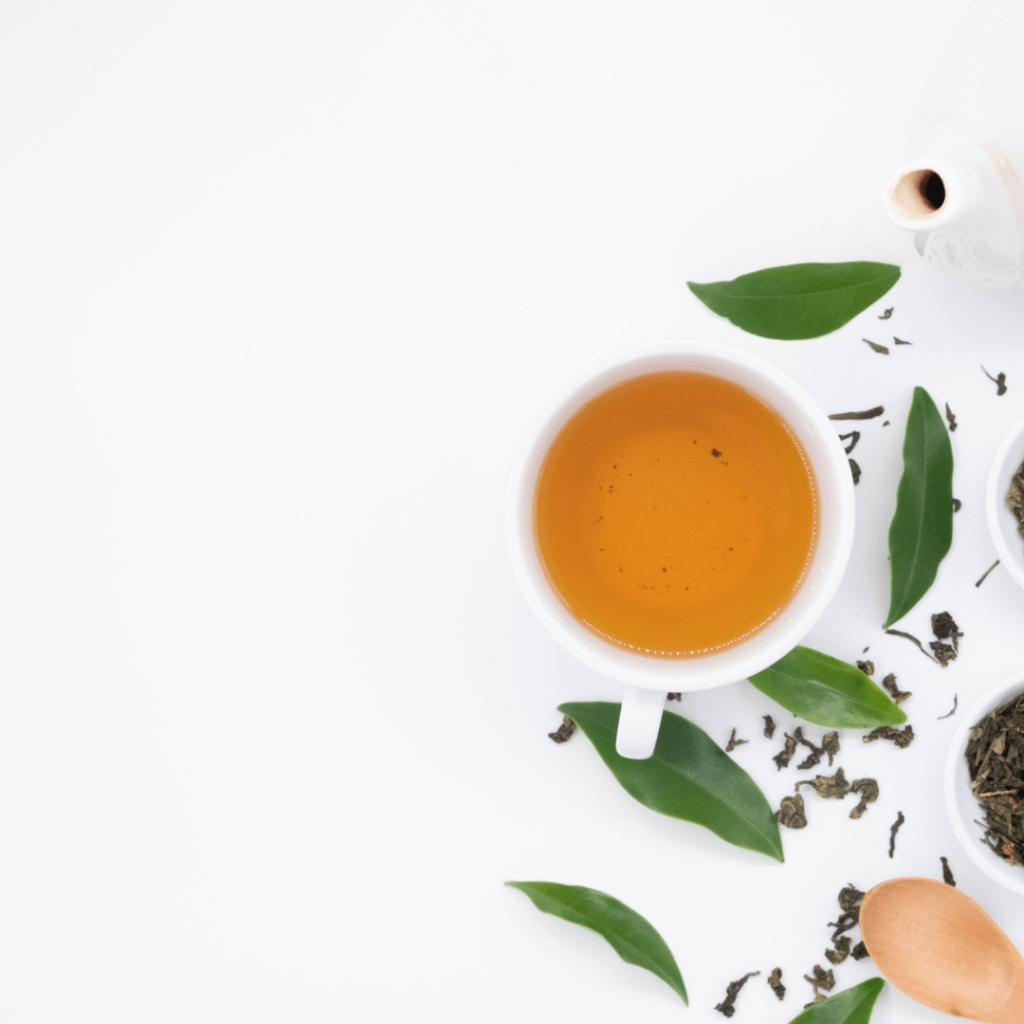With organic foods on the rise, many people wonder, “Is it really worth the cost?” Organic foods are grown without synthetic pesticides or fertilizers and often boast labels like “non-GMO.” Studies show that organic produce may have lower pesticide residue, which can appeal to health-conscious consumers. However, when it comes to nutrients, research is mixed. While some organic foods may have slightly higher levels of antioxidants, the overall nutritional difference is small. Eating a variety of fresh, whole foods—organic or not—remains the best way to ensure a balanced diet.
For those who prioritize environmental sustainability, organic farming is often a preferred choice, as it generally encourages biodiversity, soil health, and water conservation practices. But remember, affordability is a factor too; if eating organic is too costly, focusing on a variety of fruits and vegetables—conventional or organic—is still incredibly beneficial for your health.

Choosing between organic and conventional foods often comes down to personal priorities—whether that’s minimizing pesticide exposure, supporting environmental sustainability, or balancing cost. While organic options may offer slightly lower pesticide residues and some environmental benefits, the nutritional differences are minimal. What matters most is maintaining a diet rich in diverse, whole foods.
If affordability is a concern, remember that a well-rounded diet doesn’t require exclusively organic foods. Prioritize a colorful mix of fruits, vegetables, and whole grains, which will provide essential nutrients whether they’re organic or not. Ultimately, the best choice is one that supports both your health and lifestyle. For more tips on making informed dietary choices, follow us on Instagram at @Health.We.Care and explore our eBook, Mindful Pro in 21 Days, where we break down practical steps to boost both health and sustainability.




